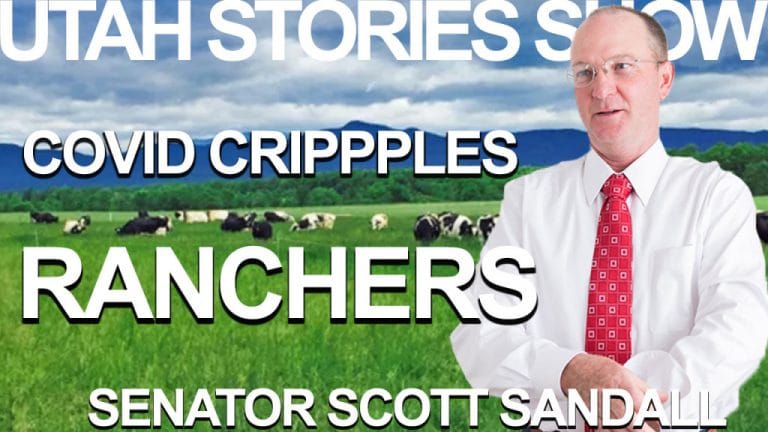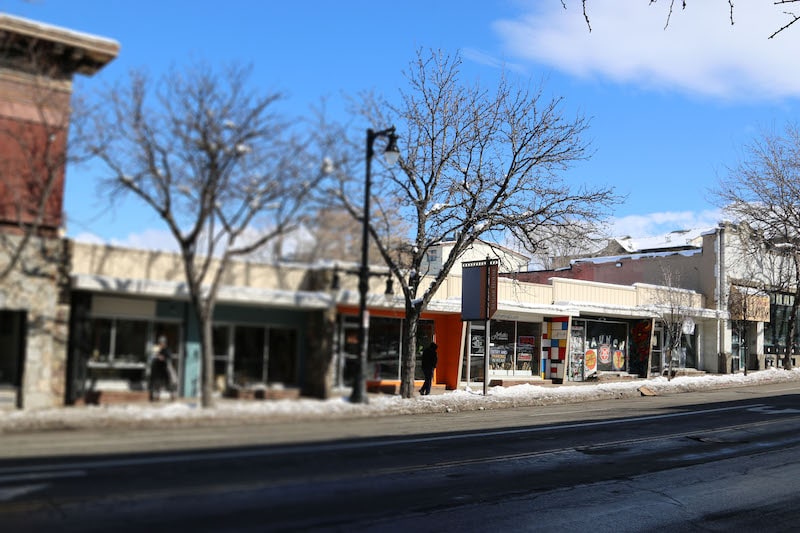Covid-19 has revealed the huge problem Utah cattle ranchers face due to multinational corps controlling beef processing.
LISTEN TO THE PODCAST
WATCH THE VIDEO
In Utah and the west cattle ranching in our rural areas is one of the most defining characteristics of what most would consider our cultural heritage. But today more than ever, rural Utah ranchers and small towns and ranching communities are suffering more than ever.
With beef prices for T-bones, briskets, steak and short ribs now skyrocketing, due to Covid shortages, consumers might assume that Utah’s cattle ranchers and our beef industry would be raking in windfall profits.
But actually, the opposite is true. Never before have Utah ranchers received so little for their cattle from meatpacking plants. According to Utah State Senator and cattle rancher Scott Sandall Utah ranchers are currently selling their beef at a loss. How could this be the case?
This is due to the fact that 80% of all meat packaging is controlled by just four multinational companies. And now these companies (Tyson Foods, Cargill, JBS and Smithfield). Due to Covid-19 outbreaks in processing facilities, Tyson and JBS had to partially close down three facilities resulting in a glut of cattle that needed processing. While there is currently excessive demand for especially premium cuts, and plenty of supply in feedlots and in pastures, there is a bottleneck in processing capacity due to social distancing requirements. Meat packaging companies cannot process nearly as much as they could prior to CoVid.
Senator Sandall spoke about this on the Utah Stories Show. This is what he told us:
We gave up a dispersed processing facility and morphed it into a more efficient processing facility. Those regional packers either closed or got absorbed and grew. For example the plan here in Hyrum, Utah we had 500-head per day processing facilities, they were modernized and ramped up to 1,200 head per day, then they were absorbed into the Monford system out of Colorado, which was absorbed into swift then JBS bought that up and now they are just a part of the JBS system and now they run 2,200 per day. JBS is a multinational company out of Brazil.
RELATED STORIES:
Canyon Meadows Ranch – Grass-Fed Cattle
Utah Ranch Viable Thanks to Wildlife not Livestock
Build a Better Burger
Paizlee’s Grass-Fed Beef
Grass Fed Beef Revolution in Utah
Grass Beef Revolution in Utah Pt. II
Grass-Fed Beef Video Part III
Redmond Heritage Farms
FOR MORE UTAH STORIES PODCASTS GO HERE.

![]()
![]()






